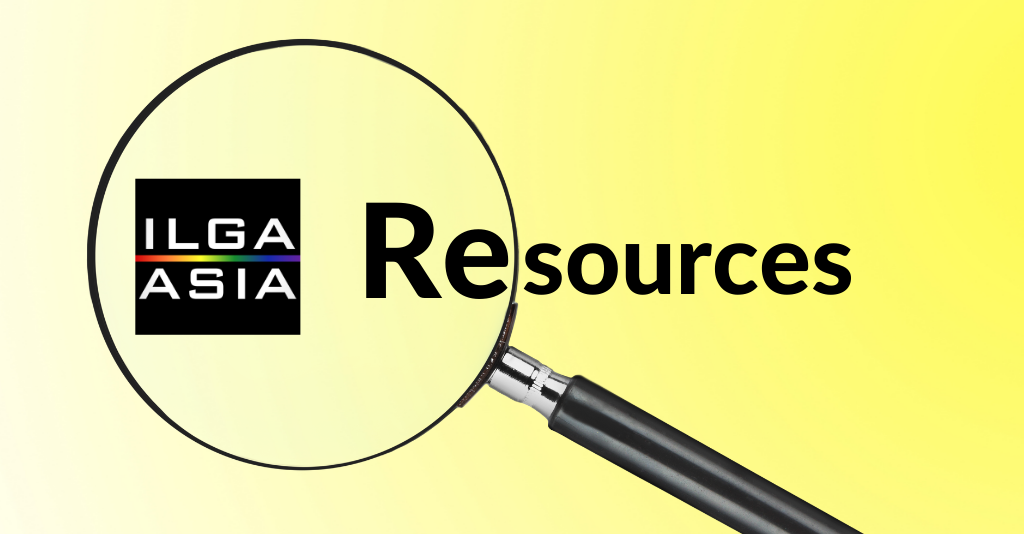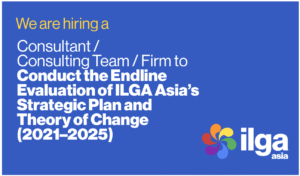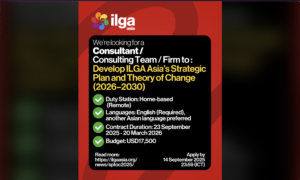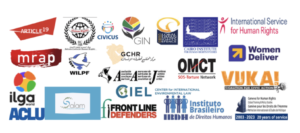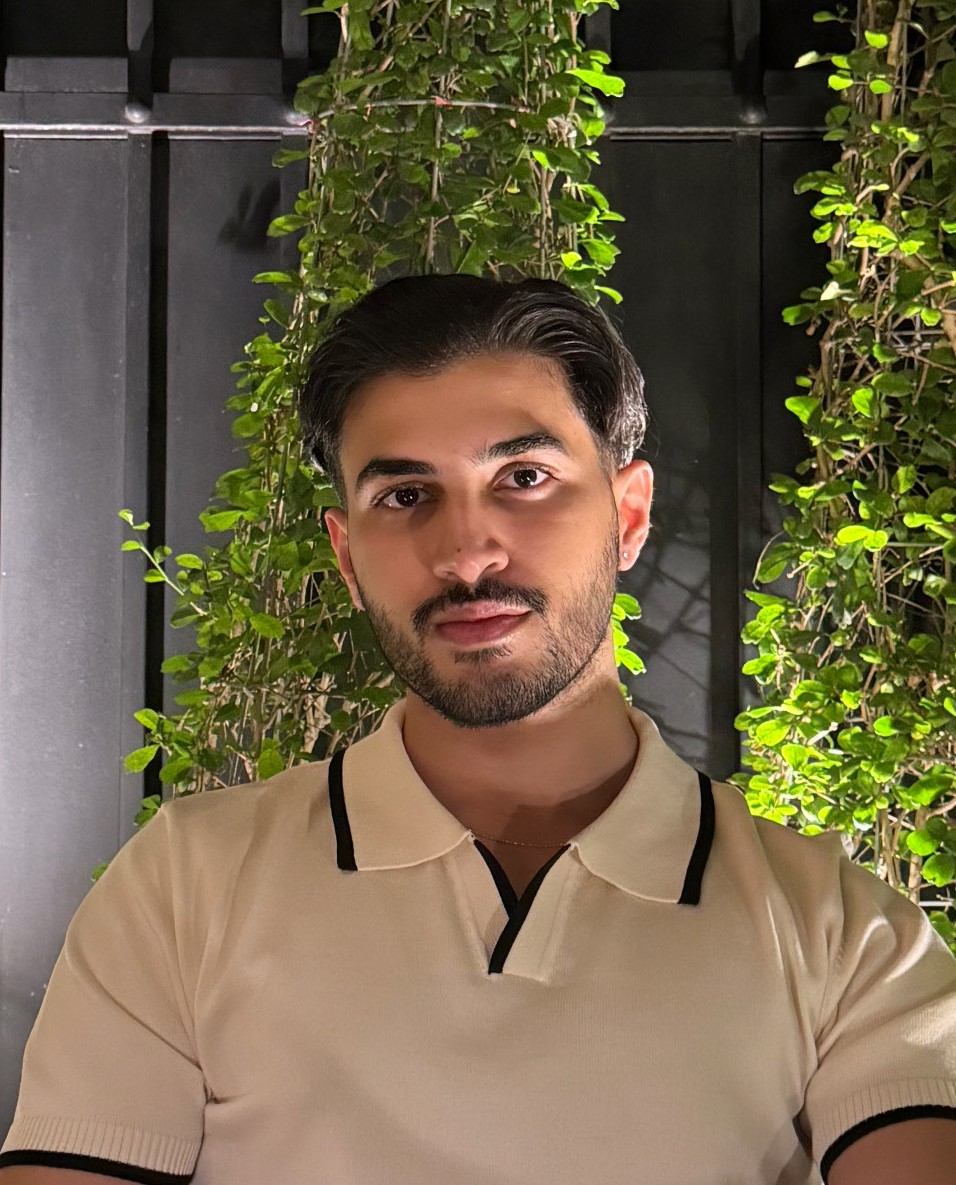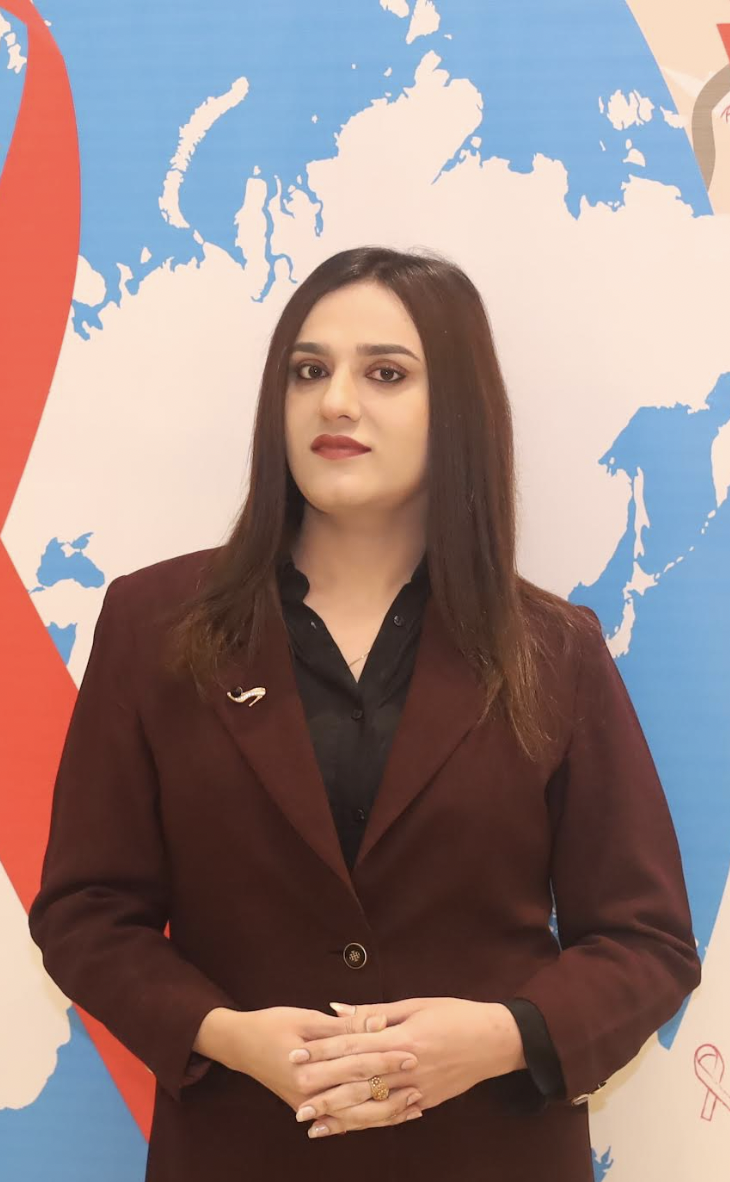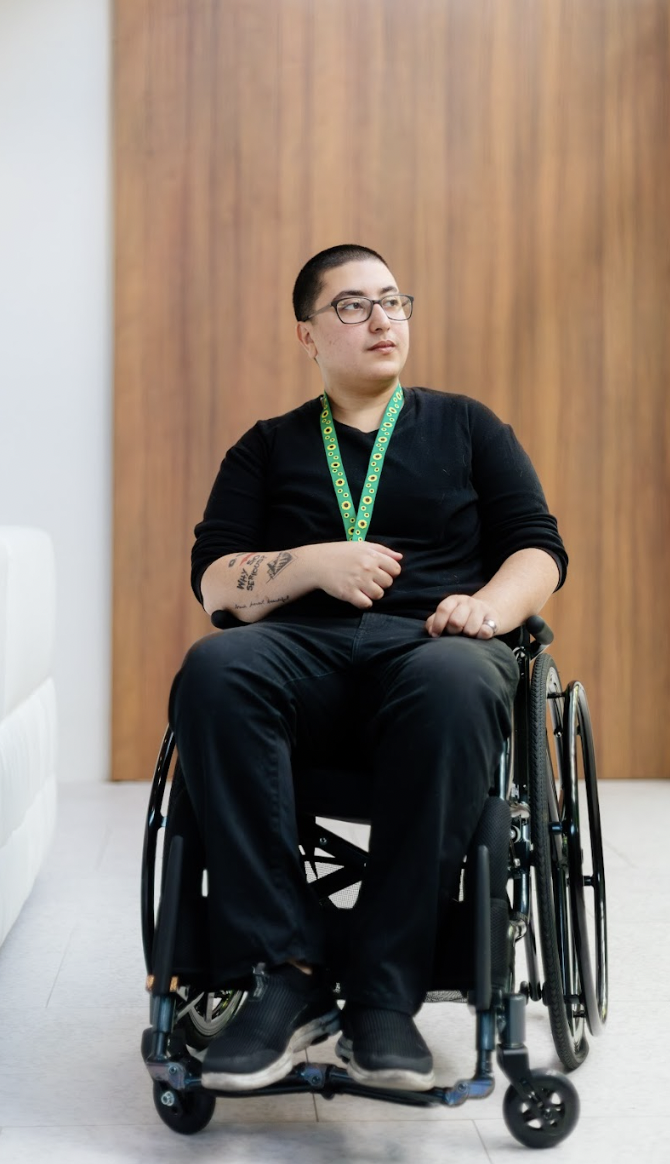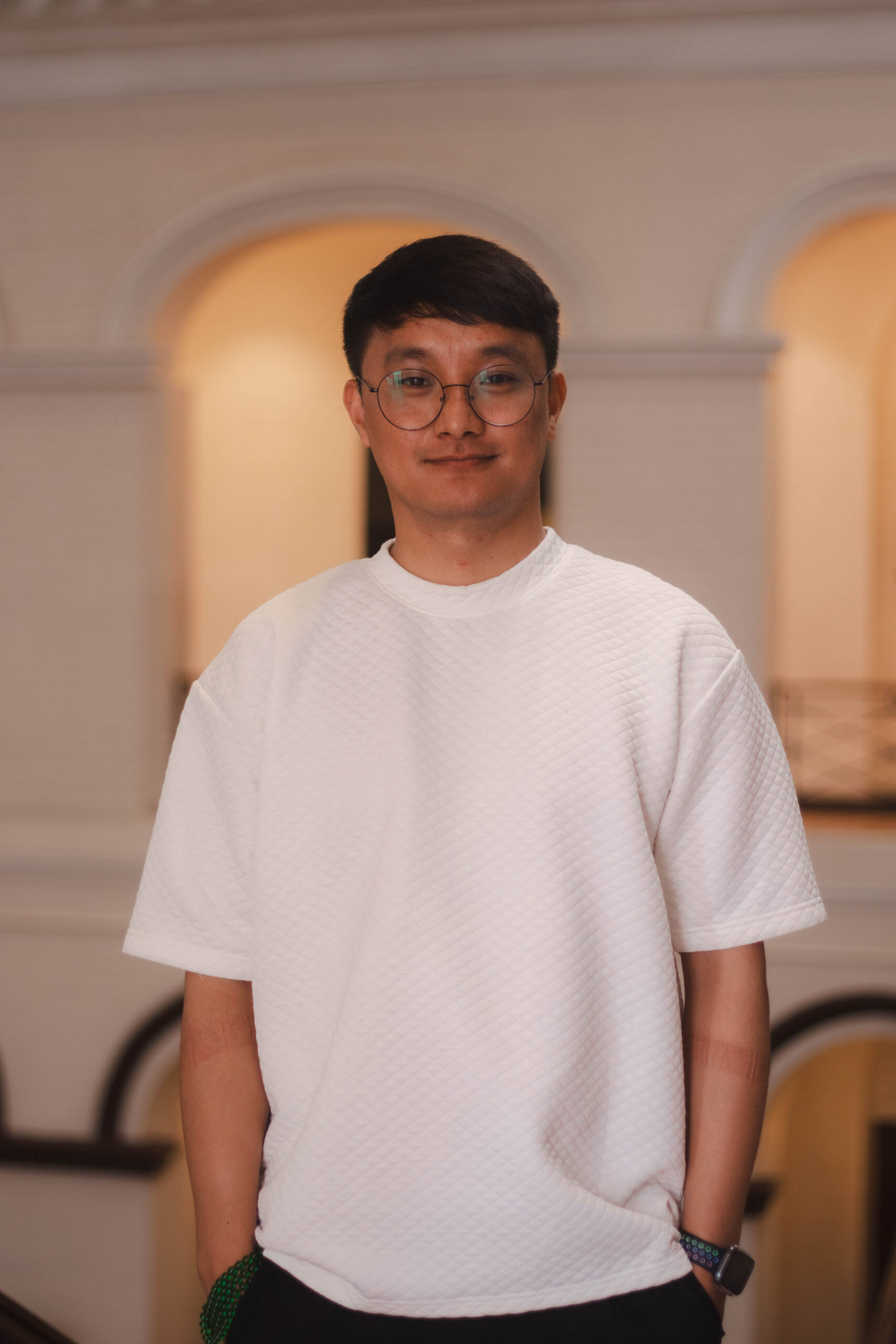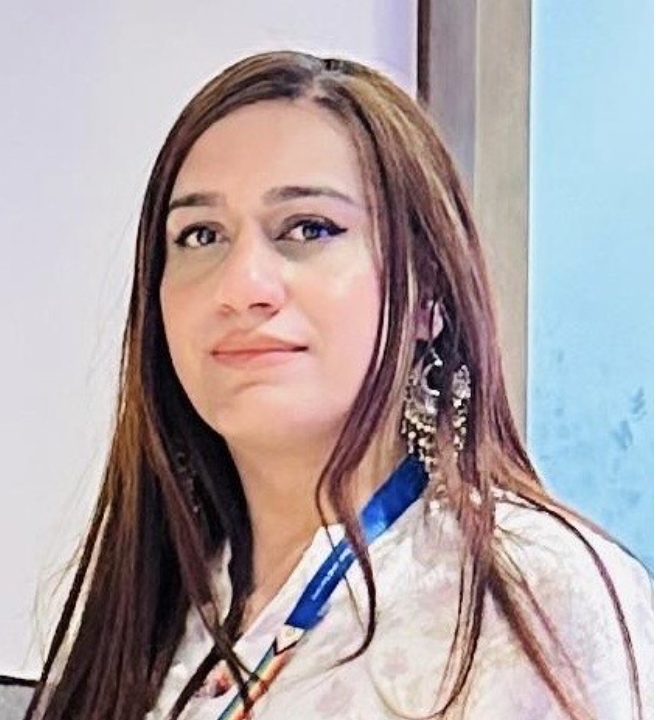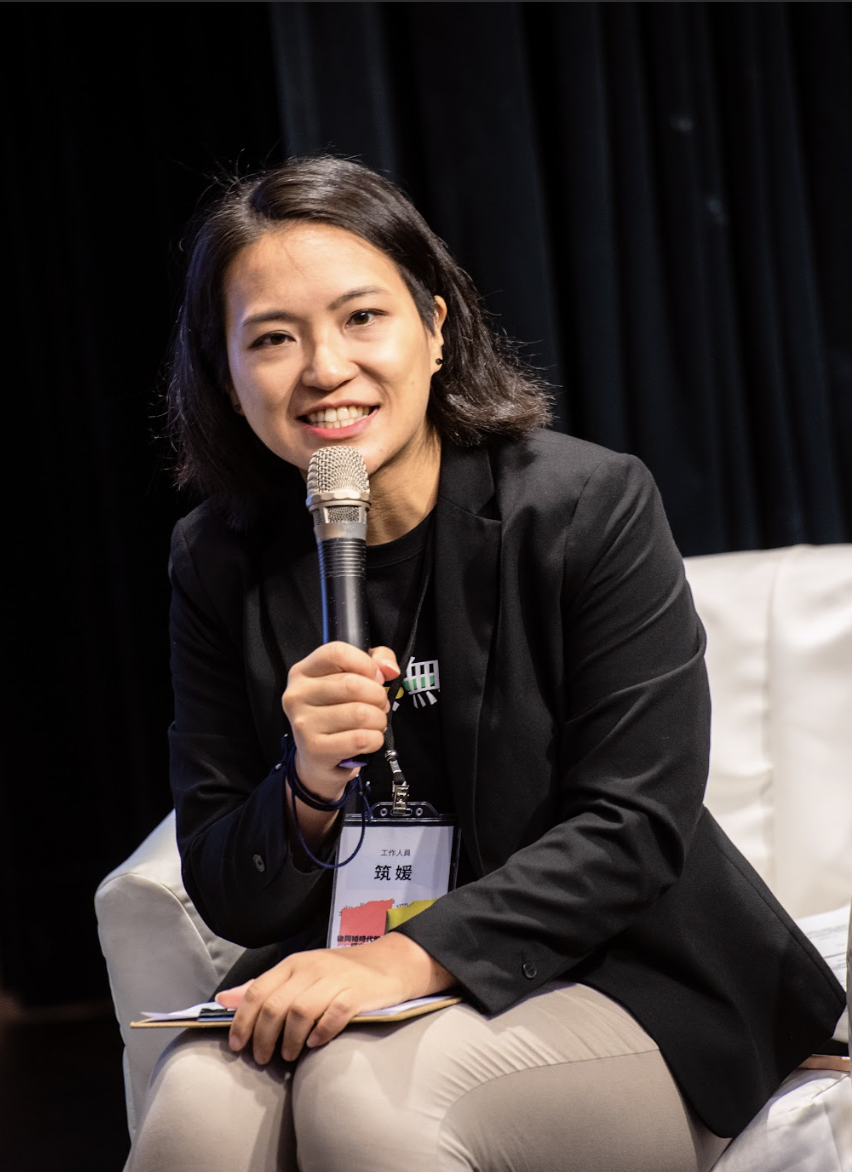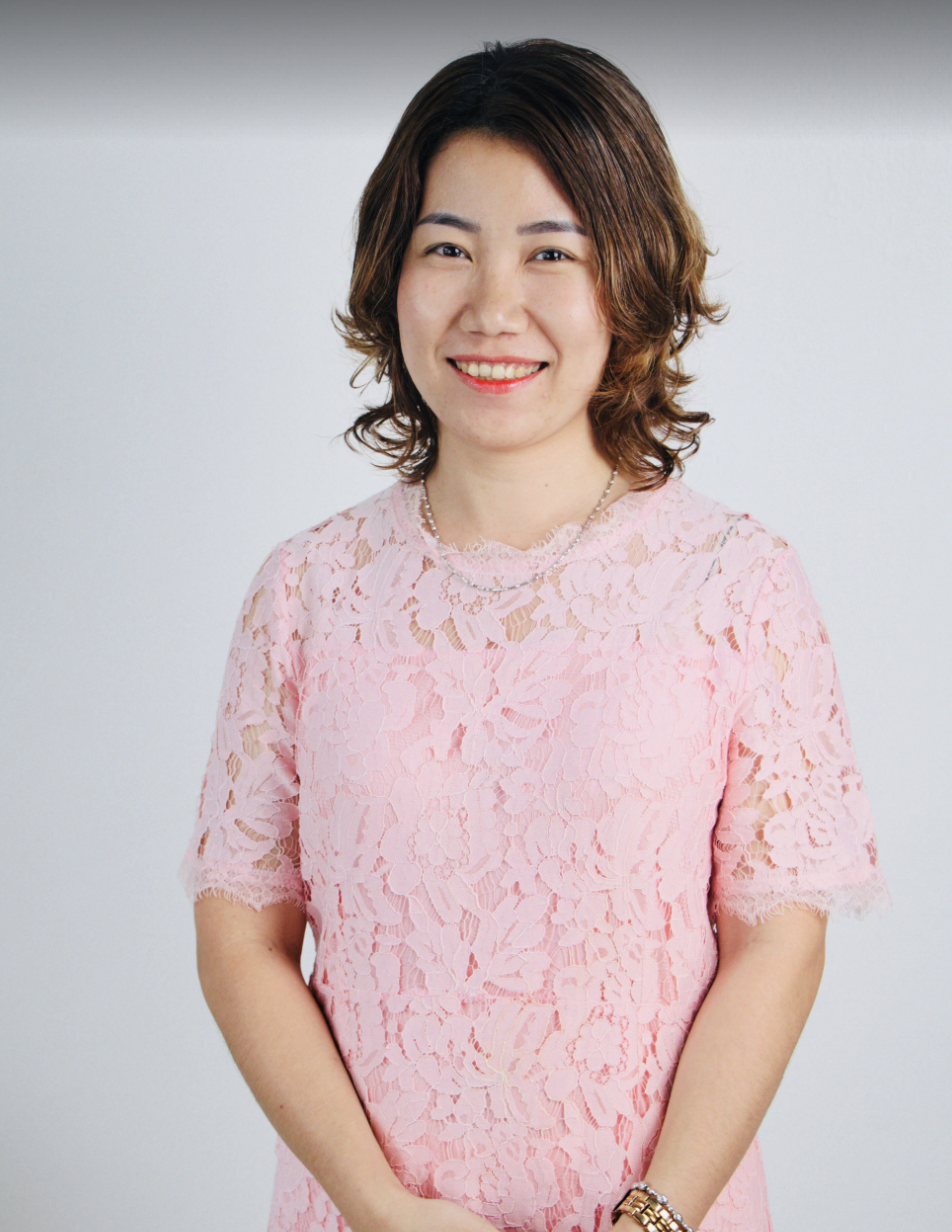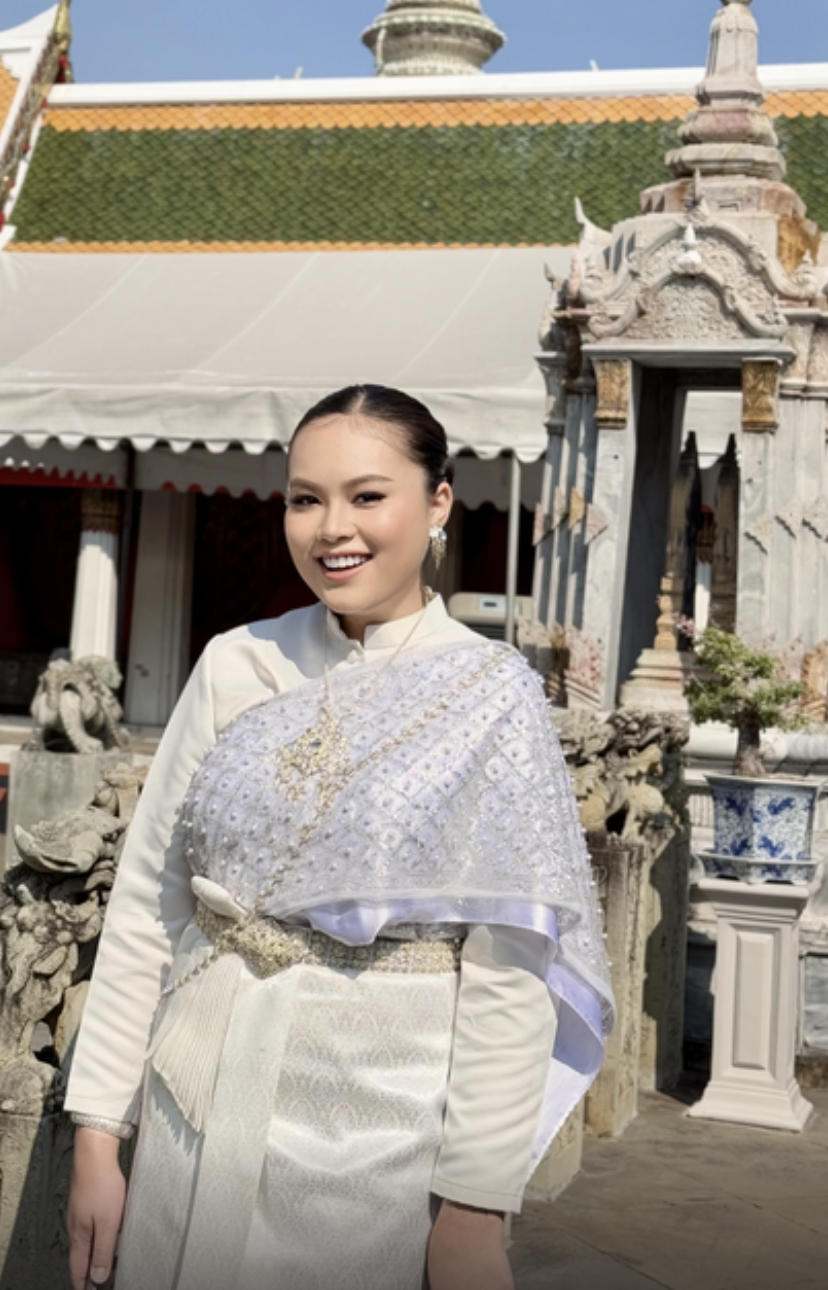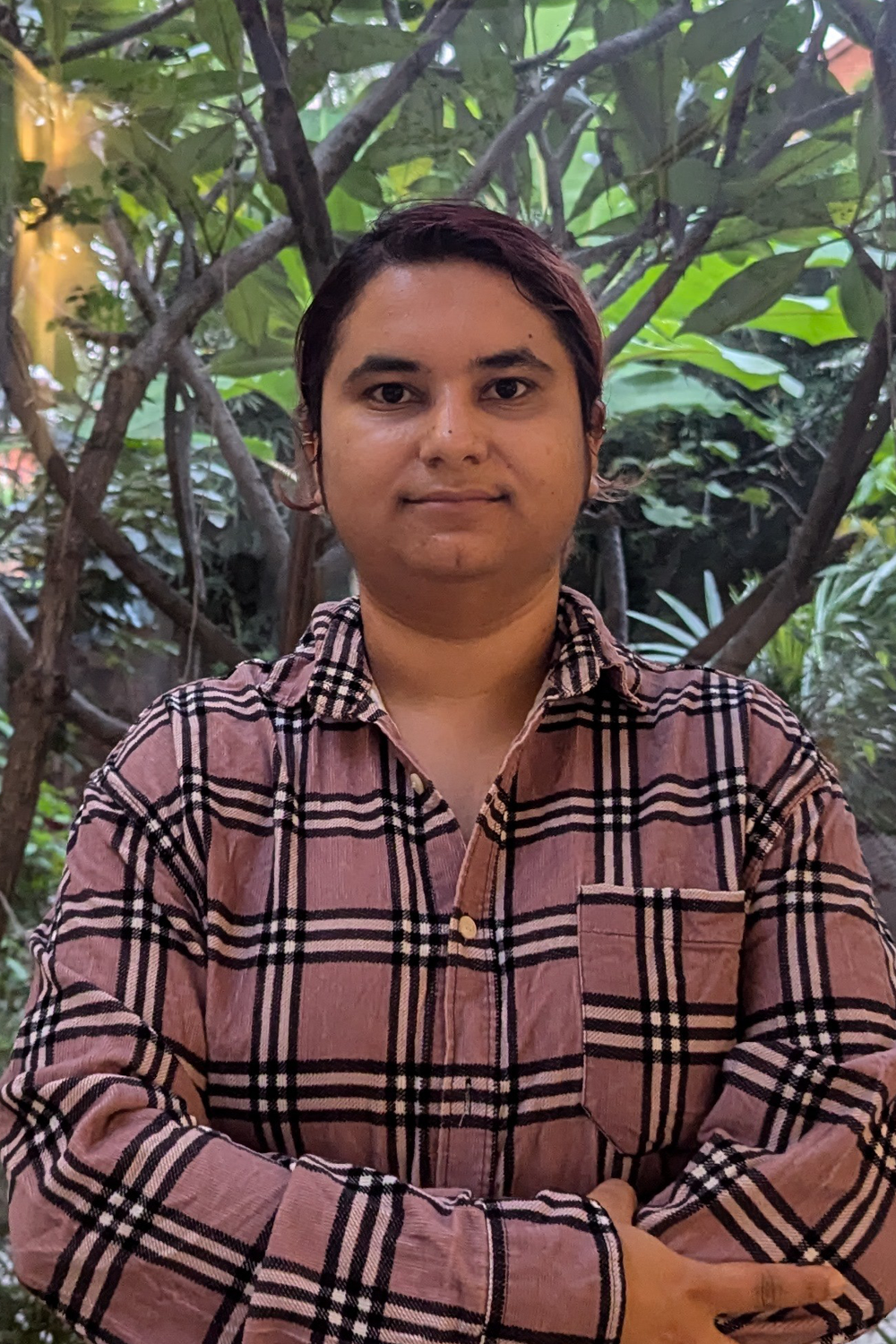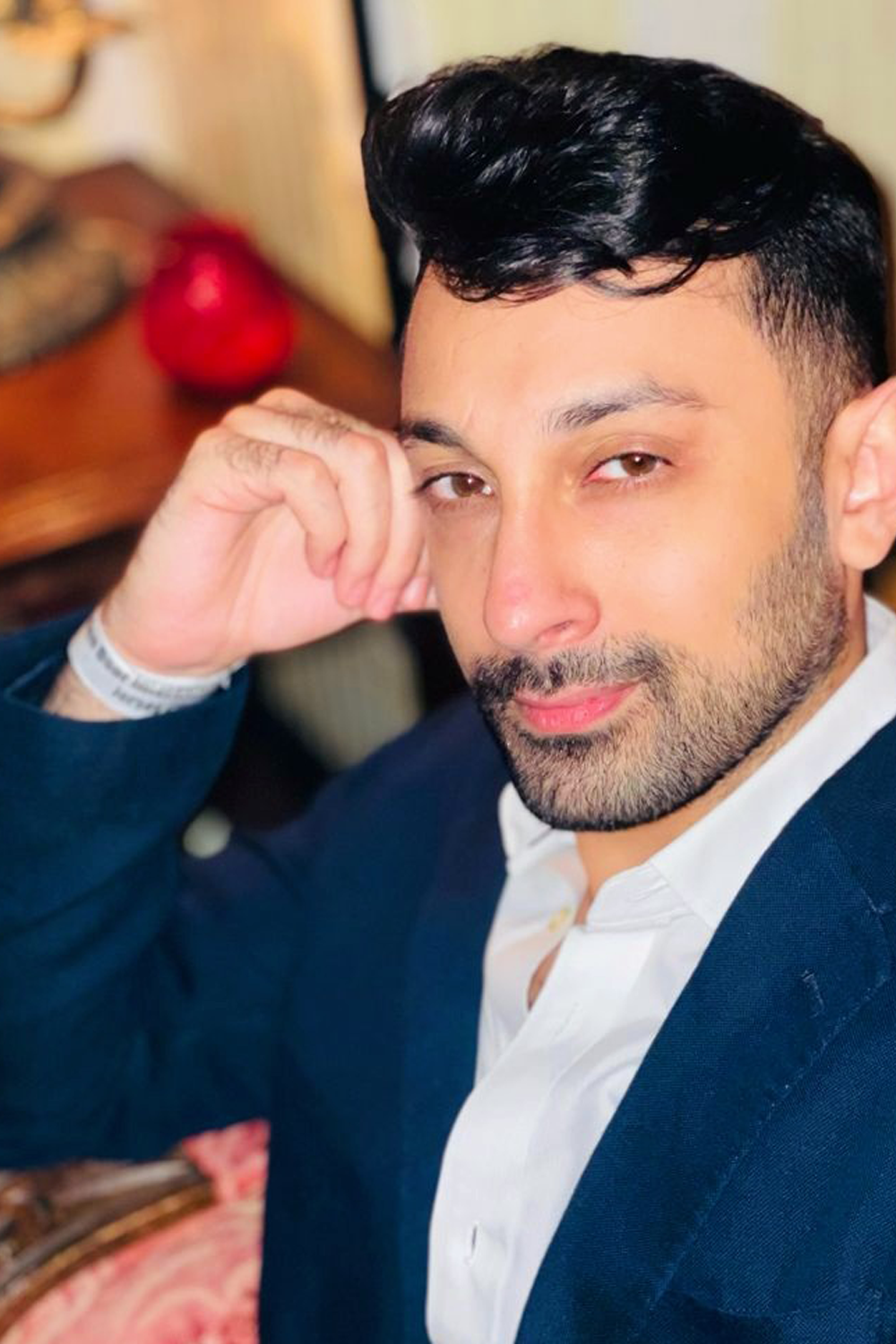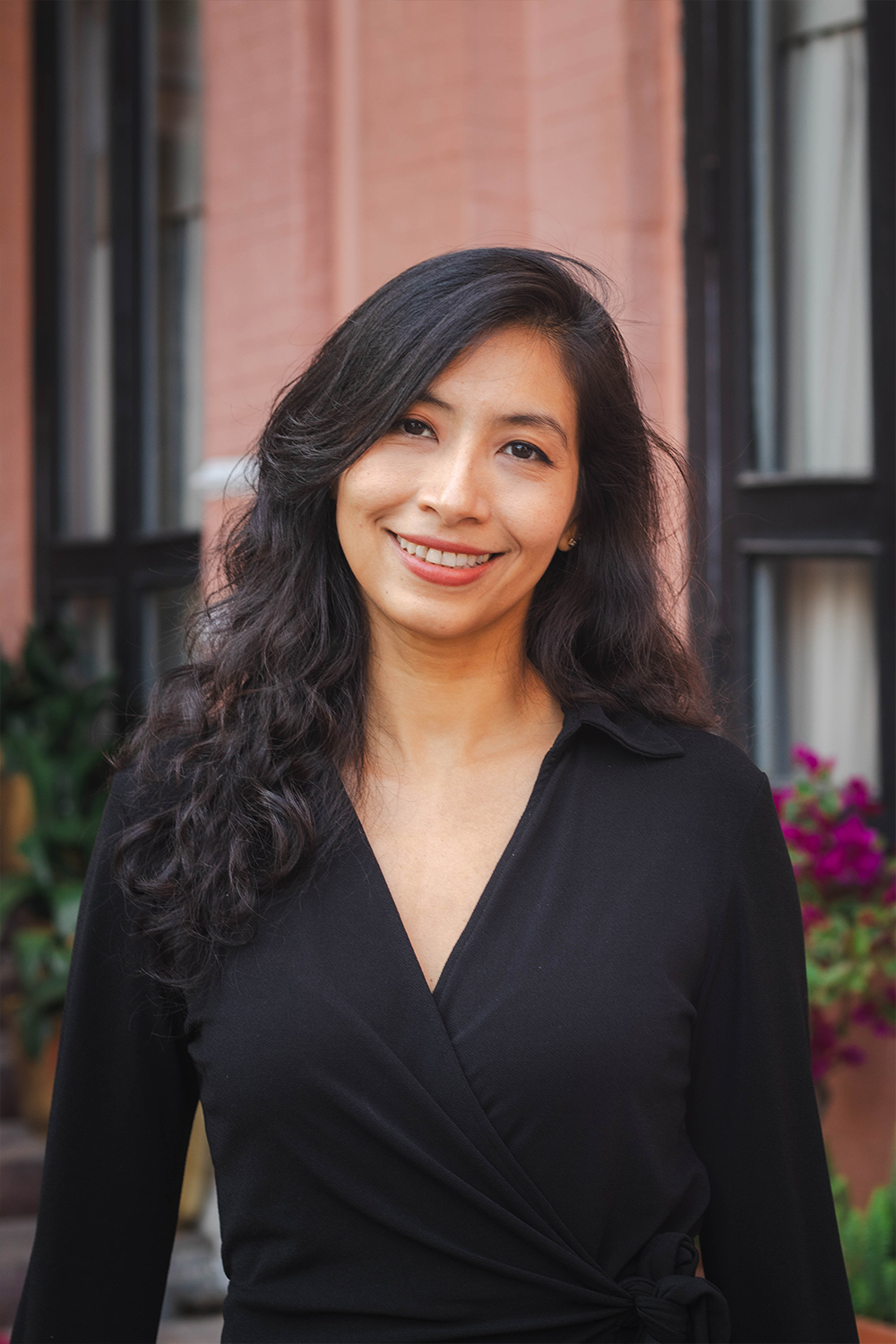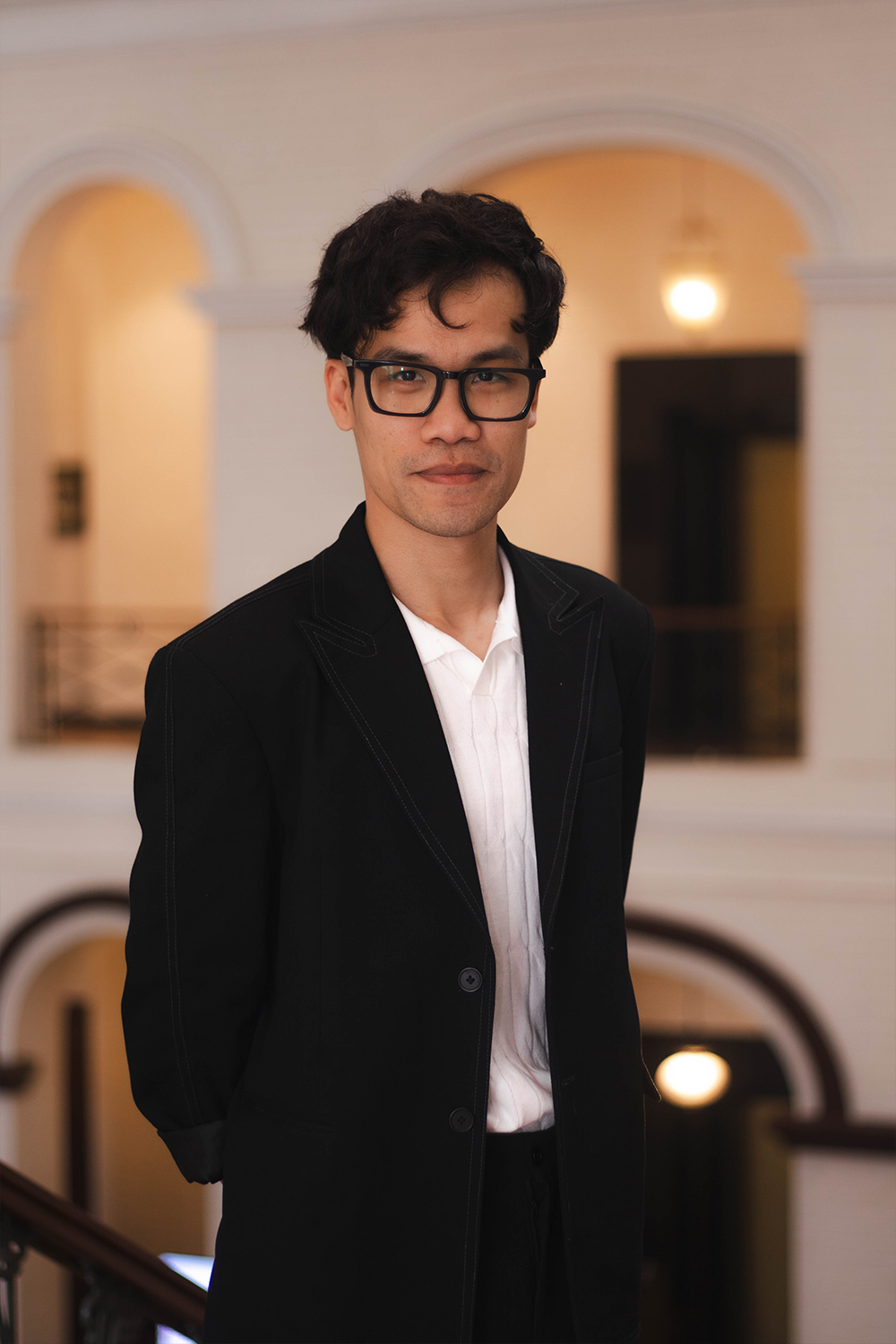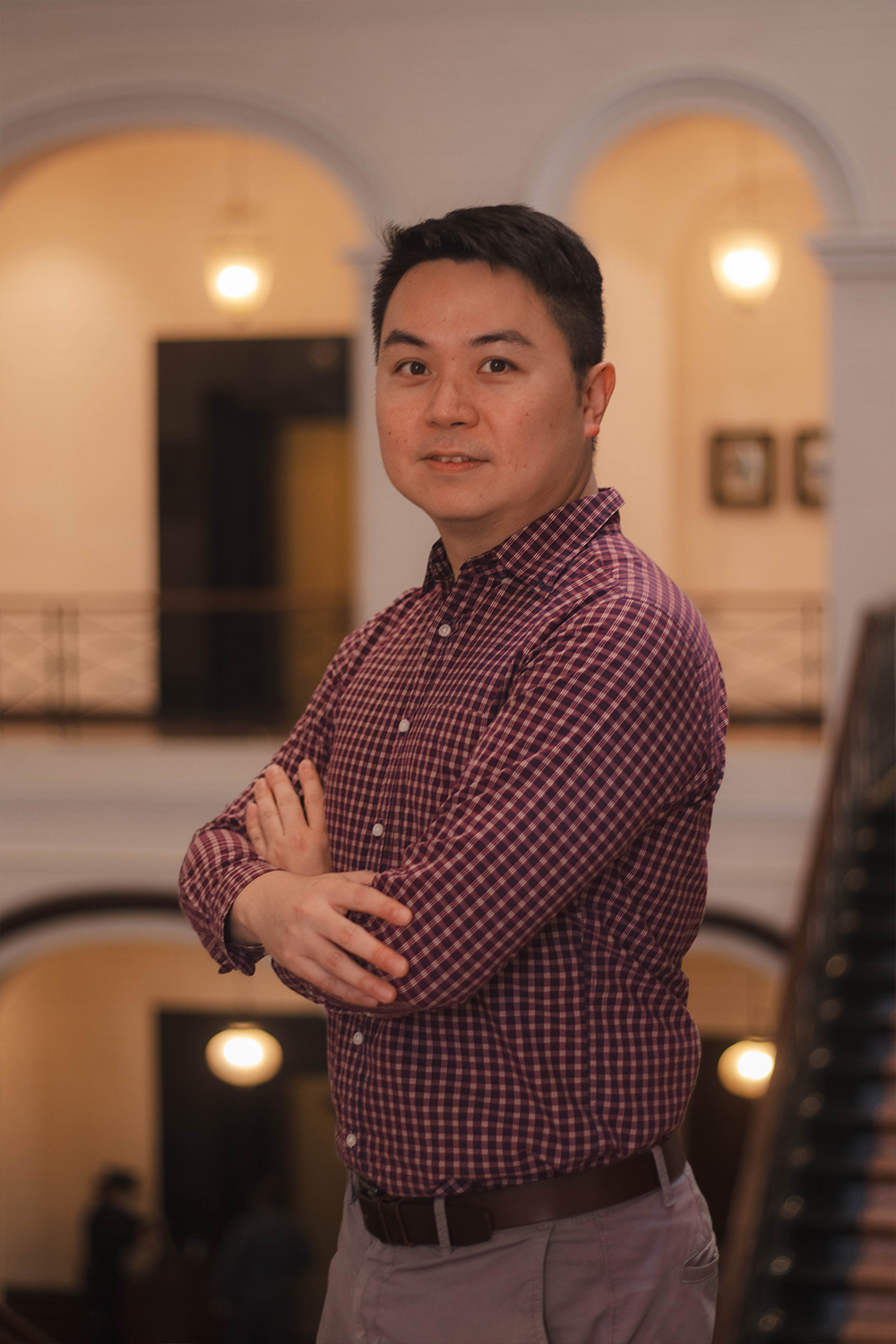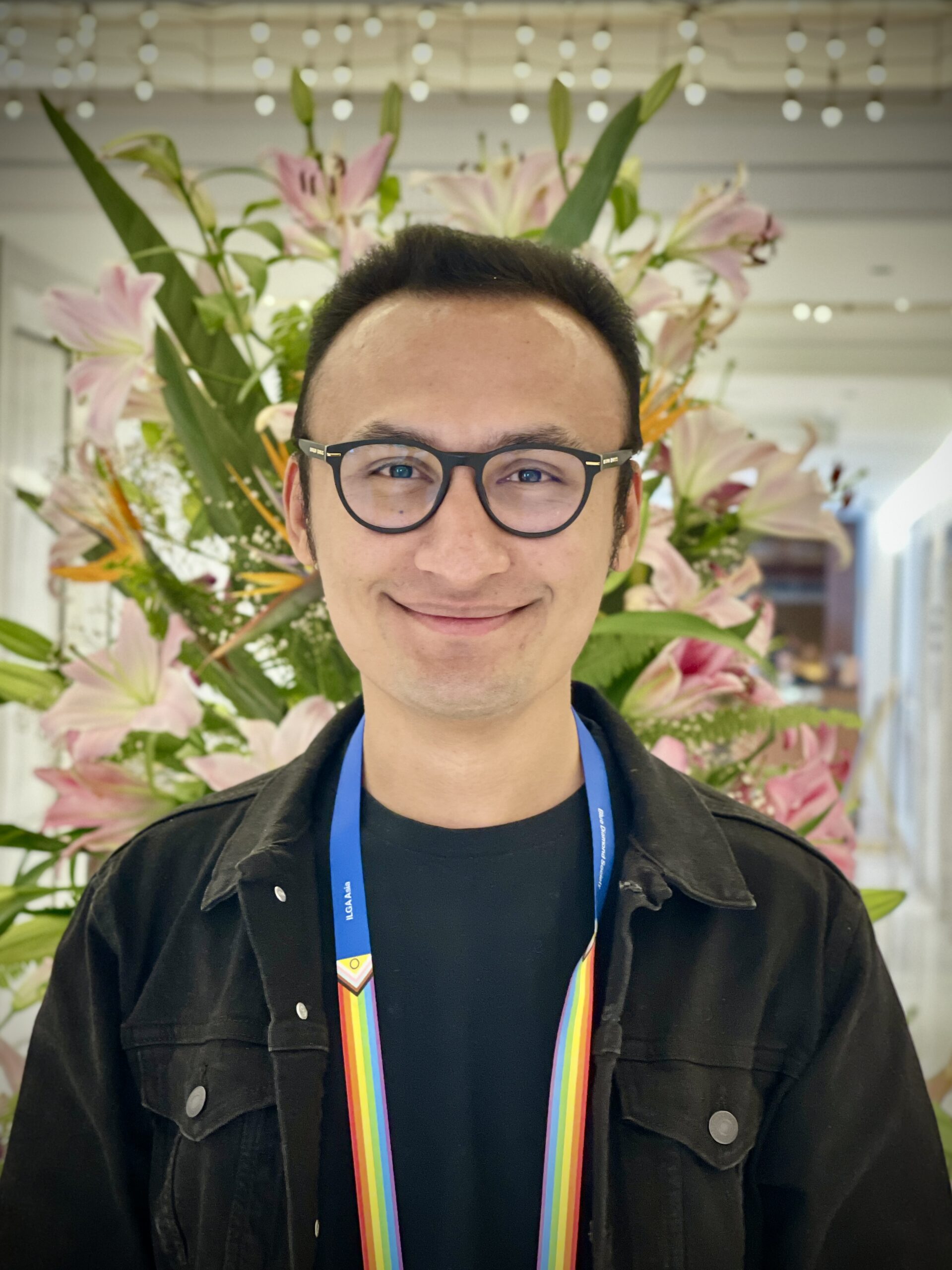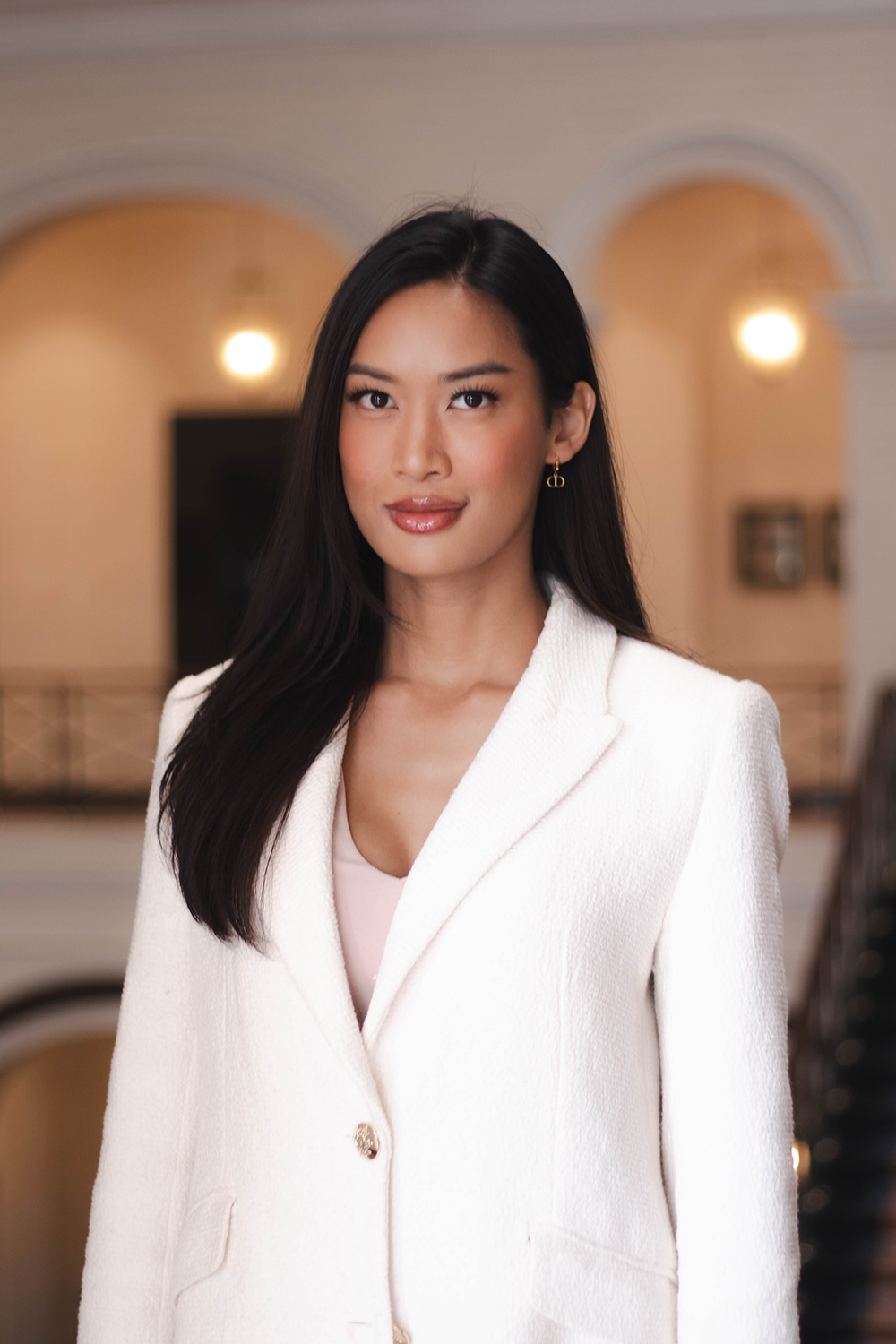Guideline for LGBTIQ organisations on submitting inputs to the thematic reports by the Special Rapporteur on Torture for the 49th Human Rights Council
“Impact of thematic reports presented by the Special Rapporteur on Torture”
In March 2022, the Special Rapporteur on Torture (hereafter: SR Torture) will present a report on the impact of his previous eight thematic reports on torture (released from 2016 to 2021). The analysis aims to document the usefulness and impact of the reports on the respective national contexts and to provide recommendations to states on addressing issues of torture and ill-treatment.
Stakeholders including LGBTI civil society organisations and activists are encouraged to provide inputs by 31 August 2021. Here is a quick FAQ of how and why.
1. Why should we provide inputs to the thematic report of SR Torture and other cruel, inhuman or degrading treatment or punishment to HRC49?
The mandate of the SR Torture covers any act or omission amounting to torture and other cruel, inhuman or degrading treatment or punishment (hereafter: torture and ill-treatment) under applicable international customary and treaty law. The Special Rapporteur is mandated to examine questions relating to the prohibition, prevention, investigation and redressal of such abuses in all current and aspiring member states of the United Nations, regardless of their treaty obligations.
Ever since the appointment, the SR Torture has constantly raised the human rights issues faced by LGBTI people in relation to torture and ill-treatment, through various reports, and/or country visits.
It would be a great opportunity for us, as LGBTI civil society organisations, to analyze how SOGIESC issues are included and represented in the thematic reports, provide the latest qualitative and quantitative data on these issues, and provide recommendations on their relevance and how they can be further expanded. The role of SR torture mandate holder is crucial in shaping the future developments in international law and policy relating to torture and ill-treatment. As LGBTI civil society organizations our inputs will be crucial in the proper inclusion of SOGIESC issues in laws, policies, and practices towards the eradication of torture and ill-treatment.
2. How can civil society organisations provide their inputs?
To fulfil the purpose of this study, SR Torture mandate holder will conduct broad consultations with experts and relevant stakeholders. As part of the consultation process, a questionnaire is circulated. The inputs are to be provided through this questionnaire.
The maximum word limit for the submission is 2000 words. As mentioned, the submissions are to be made electronically at [email protected], by 31 August 2021, at 18:00 CET.
Responses need to be in English and French. If you are facing difficulties due to language or technical limitations, you may reach out to us at [email protected]. We may provide assistance or explore the possibility of submitting a joint submission with our member organisations.
3. On what thematic reports can we provide inputs that are relevant to SOGIESC issues in your country as indicated in the questionnaire?
The definition of ‘torture’ includes any act which causes severe pain or suffering, whether physical or mental, which also includes acts done as punishment for actual or suspected crimes or discrimination of any kind.
As civil society, we regularly document a large number of cases of LGBTI persons and persons of diverse SOGIESC facing ill-treatment perpetrated by state and non-state actors, which may include abuse, violence, criminalisation, conversion therapy, honour killings on the basis of real or perceived SOGIESC, which may be understood as torture.
However, the thematic reports by the SR Torture may not adequately capture or address the lived realities of LGBTI communities on the ground. Hence, activists and CSOs need to provide analyses, qualitative and quantitative data, and recommendations to expand the subsequent report by the SR Torture.
There are eight thematic reports that are open for inputs, and you are open to respond to any or all of them with a SOGIESC lens based on your contexts. The thematic areas are:
- Extra-custodial use of force (A/72/178)
- Migration-related torture and ill-treatment (A/HRC/37/50)
- Reaffirming and strengthening the prohibition of torture (A/73/207) (Also serves as a good primer on the progress of addressing torture globally)
- Corruption-related torture and ill-treatment (A/HRC/40/59)
- Relevance of the prohibition of torture and ill-treatment to the context of domestic violence (A/74/148)
- Psychological Torture (A/HRC/43/49)
- Biopsychosocial factors conducive to torture and ill-treatment (A/75/179)
- Effectiveness of the cooperation of States with the mandate holder on official communications and requests for country visits (A/HRC/46/26)
*Summaries of the thematic reports can be read in the questionnaire provided.
Tips and advice for submissions
We would like to highlight two reports with some of the most direct relevance to SOGIESC issues and recommendations on responding to the questionnaire.
Page 4-5, “SRT_Questionnaire”, Reaffirming and strengthening the prohibition of torture and other cruel, inhuman or degrading treatment or punishment (A/73/207)
On this thematic report, A/73/207 (Page 17-19, and Page 21), as attached in the email, SR Torture has explicitly mentioned the interaction between discrimination and torture and ill-treatment, faced and experienced by LGBTI persons. The report highlighted the issues of sexual abuse and humiliation, and criminalization based on SOGIESC.
On addressing Question 1. related to this thematic report, you can provide information (NGO reports, academic research, or media coverage, etc.) on the above-mentioned issues, eg, sexual abuse and humiliation, current status criminalisation based on SOGIESC, and/or discriminatory political narratives, policies and practices prevailing in your country, to demonstrate the relevance of the report to issues of LGBTI persons in your community.
With regard to Question 2. SR Torture has included a SOGIESC specific recommendation in the report (Page 23), on addressing discrimination experienced by LGBTI persons, through the measures including:
1) Discard violent or discriminatory political narratives, policies and practices;
2) Efforts to prevent torture and ill-treatment against persons;
3) Measures to remedy legal, structural and socio-economic conditions that may increase exposure to violence and abuse by state officials and non-state actors.
You can address this question 2, in these three areas, by sharing examples of any changes in, or enactment of new laws, policies or institutional mechanisms, and any judgment which have had a positive impact on SOGIESC issues. You can also highlight the gaps in law, policies and institutional mechanisms to show the non-compliance of states with the specific recommendation.
Page 6, “SRT_Questionnaire”, Relevance of the prohibition of torture and ill-treatment to the context of domestic violence (A/74/148)
On this thematic report, A/74/148, SR Torture explicitly highlights the issues of “honour” crimes (Page 14) and forced “conversion therapy” (Page 16) experienced by LGBTI persons, the practice that can amount to torture or, other cruel, inhuman or degrading treatment or punishment.
In responding to Question 1 under this thematic report, you can provide information and data (NGO reports, academic research, or media coverage, etc.) on the above-mentioned issues that prevail in your community.
On the impact of the recommendations raised in the thematic report in addressing the torture and ill-treatment facing LGBTI people, as required on Question 2, you can share examples of any changes in, or enactment of new laws, policies or institutional mechanisms, and any judgment which have had a positive impact on SOGIESC issues. You can also highlight the gaps in law, policies and institutional mechanisms to show the non-compliance of states with the specific recommendation.
Information page: https://www.ohchr.org/EN/Issues/Torture/SRTorture/Pages/CFI-SRT-49th-HRC-session.aspx
Download the questionnaire (PDF): English
